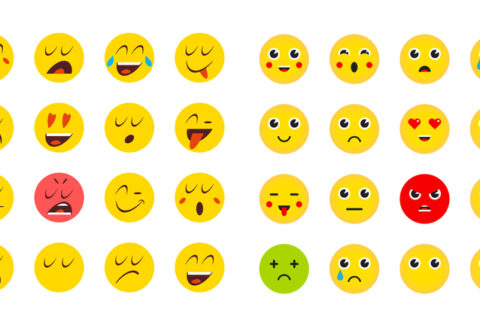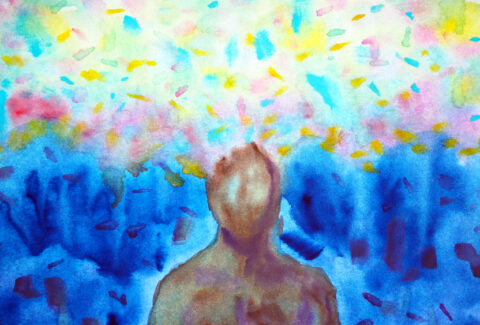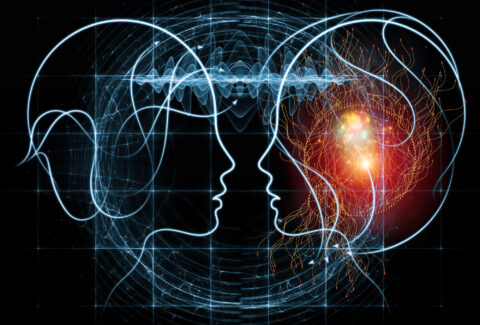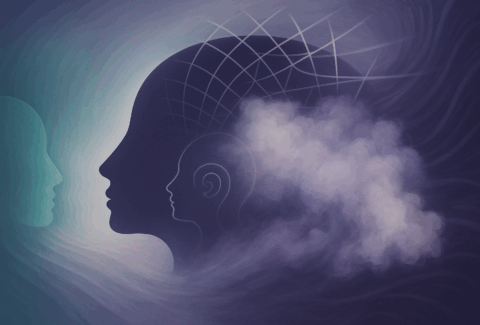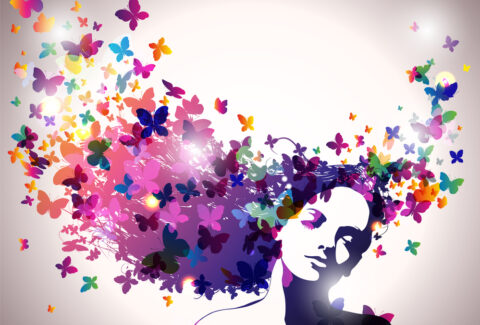“It’s Been a Long, Long Time, But It Will Not Just Go Away by Itself”: Slavery, Racism, Internalized Racism, and the Role of Psychotherapy in Healing the Wounds

“It’s Been a Long, Long Time, But It Will Not Just Go Away by Itself”: Slavery, Racism, Internalized Racism, and the Role of Psychotherapy in Healing the Wounds
Introduction
The legacy of slavery and racism has left indelible scars on the psyche of Black individuals and communities in America.[1] These wounds are not merely historical; they persist in the form of internalized racism and collective trauma. Addressing these deep-rooted issues requires a nuanced understanding of the psychological mechanisms at play and a commitment to healing through Psychotherapy. This article explores the complex interplay between historical trauma, internalized racism, and the therapeutic role of Psychotherapy in fostering resilience and recovery.
The Historical Context of Slavery and Racism
Slavery in the United States was not merely an institution of labor; it was a systematic process of dehumanization and violence.[2] Enslaved individuals endured brutality that stripped them of autonomy and dignity, creating a legacy of trauma that has persisted across generations. According to historian Eric Foner, the experience of slavery fundamentally altered the social and psychological fabric of Black life in America.
Post-emancipation, systemic racism continued to perpetuate inequality, manifesting in various forms such as Jim Crow laws[3], redlining, and discriminatory practices that have lasting impacts on socio-economic status and mental health. The cumulative effect of these experiences has contributed to a pervasive sense of dislocation and internalized oppression.
Internalized Racism: A Psychological Mechanism
Internalized racism refers to the internalization of negative stereotypes and societal beliefs about one’s racial or ethnic group. This phenomenon can lead to feelings of inferiority, self-doubt, and self-hatred among individuals. As noted by psychologist Kevin Cokley, internalized racism can negatively affect academic performance, mental health, and overall well-being.[4]
Psychotherapeutic theory helps to explain how these internalized beliefs take root. The concepts of projection and transference illustrate how individuals may project their feelings of inadequacy onto others or transfer their unresolved conflicts onto their relationships. As Frantz Fanon articulated, the internalized effects of colonialism and racism lead to a “wounded identity,” deeply affecting self-concept and interpersonal dynamics.
The Role of Psychotherapy
Psychotherapy offers a critical framework for understanding and healing the psychological wounds inflicted by slavery and racism. This approach recognizes the importance of cultural identity and the specific historical contexts that shape the experiences of Black individuals.
Psychoanalyst Dr. Jessica Benjamin emphasizes the need for recognition and acknowledgment of the relational dynamics that emerge from historical trauma.[5] Healing requires not only individual work but also collective acknowledgment of the past and its impact on present identities .
Healing Through Cultural Identity
One of the core tenets of Psychotherapy is the affirmation of cultural identity as a source of strength. Therapeutic practices that incorporate cultural narratives, community support, and shared experiences can foster resilience. As noted by Dr. Joy DeGruy, healing involves reconnecting with cultural roots and fostering a sense of pride and belonging, which can counteract the internalized negativity stemming from racism.[6]
Community-Based Healing
Community-based approaches to healing, such as healing circles and culturally relevant therapy, can provide spaces for individuals to process their trauma collectively. These practices emphasize dialogue, storytelling, and the sharing of experiences, allowing for communal healing and support. Psychologist Dr. Linda James Myers highlights the importance of community engagement in the healing process, stating that collective empowerment can lead to significant psychological and social transformation.[7]
Conclusion
The scars of slavery, racism, and internalized racism run deep, affecting the mental health and well-being of Black individuals and communities. It is essential to recognize that these wounds will not simply disappear without intentional effort and healing. Psychotherapy offers valuable insights and tools for addressing these issues, promoting healing through cultural identity and community support.
As we move forward, it is imperative to engage in meaningful conversations about race, trauma, and healing, fostering environments that support the psychological well-being of Black individuals. By acknowledging the historical context and addressing the ongoing effects of internalized racism, we can create pathways for resilience and recovery.
This article emphasizes the importance of recognizing and addressing the psychological effects of slavery and racism, advocating for healing practices rooted in Psychotherapy and community support.
[1] Cogburn, Courtney D., et al. “The impact of racism on Black American mental health.” The Lancet Psychiatry 11.1 (2024): 56-64.
[2] Santiago-Rivera, Azara L., et al. “The impact of racism on communities of color: Historical contexts and contemporary issues.” (2016).
[3] Tischauser, Leslie V. Jim crow laws. Bloomsbury Publishing USA, 2012.
[4] Cokley, Kevin O. “Testing Cross’s revised racial identity model: An examination of the relationship between racial identity and internalized racialism.” Journal of Counseling Psychology 49.4 (2002): 476.
[5] Benjamin, Jessica. “Acknowledgment of collective trauma in light of dissociation and dehumanization.” Psychoanalytic perspectives 8.2 (2011): 207-214.
[6] Johnson, Alison Gise. “Major Review: Roots Matter: Healing History, Honoring Heritage, Renewing Hope by Paula Owens Parker.” (2020): 77-78.
[7] Myers, Linda James. “Restoration of spirit: An African-centered communal health model.” Journal of Black Psychology 39.3 (2013): 257-260.

